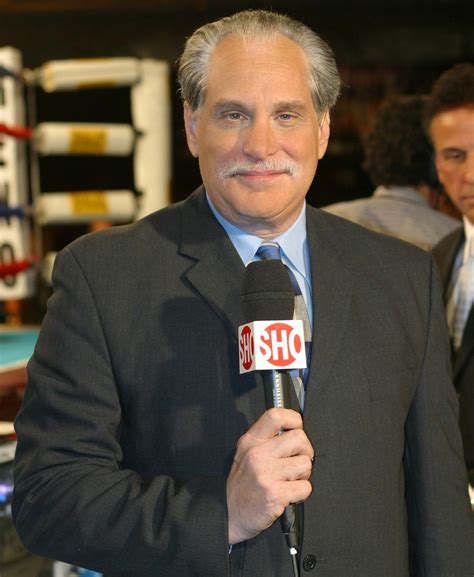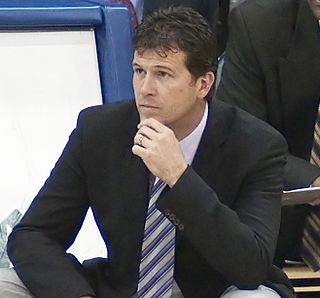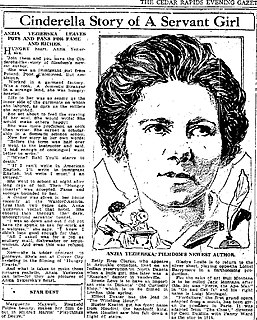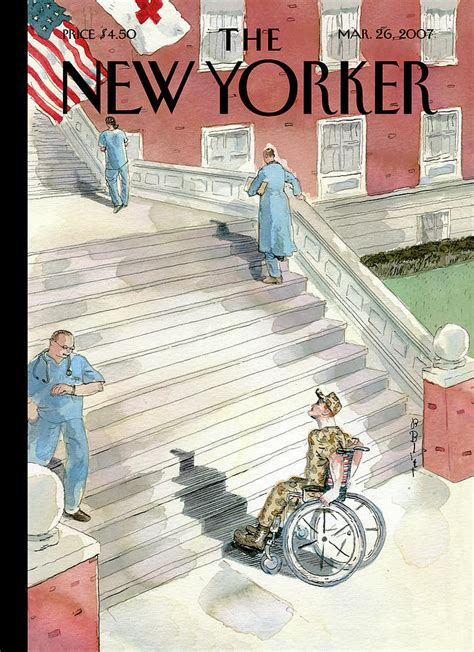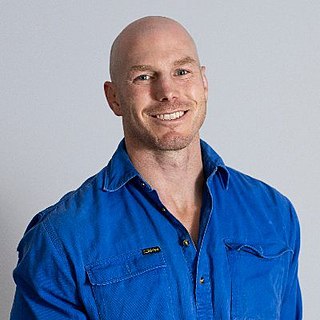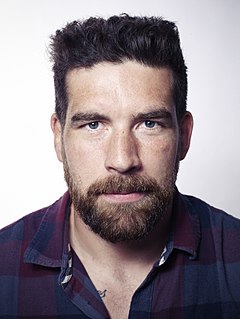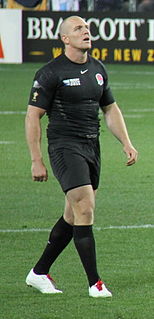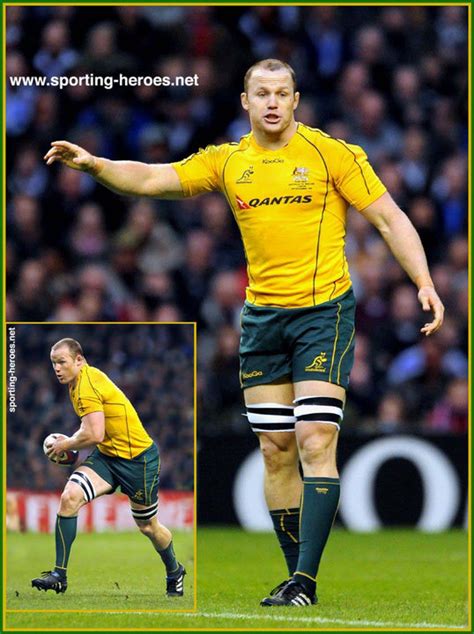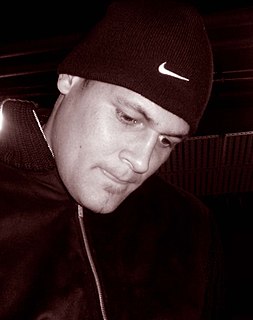A Quote by Nigel Melville
I played ten injury-free years between the ages of 12 and 22. Then, suddenly, it seemed like I was allergic to the twentieth century.
Related Quotes
. . I think the Adam Smith role was played in this cycle i.e. the late twentieth century collapse of socialism in which the idea of free-markets succeeded first, and then special events catalyzed a complete change of socio-political policy in countries around the world by Friedrich Hayek's The Road to Serfdom.
I do a lot of pivoting. There was one cover I did of Donald Trump, after he won Iowa, it seemed like it was over for him at the beginning of the primary process. I was given the go-ahead on it right away. I drew it and he won the next primary, and suddenly, the cover didn't make any sense. And then, after the Democratic National Convention, it seemed like he was finished, Hillary Clinton seemed to be gaining strength, so the cover ran then. So it seemed like you can come up with an idea and it can be rendered useless two days later and then all of a sudden it's relevant again.
Film is more than the twentieth-century art. It's another part of the twentieth-century mind. It's the world seen from inside. We've come to a certain point in the history of film. If a thing can be filmed, the film is implied in the thing itself. This is where we are. The twentieth century is on film. You have to ask yourself if there's anything about us more important than the fact that we're constantly on film, constantly watching ourselves.


